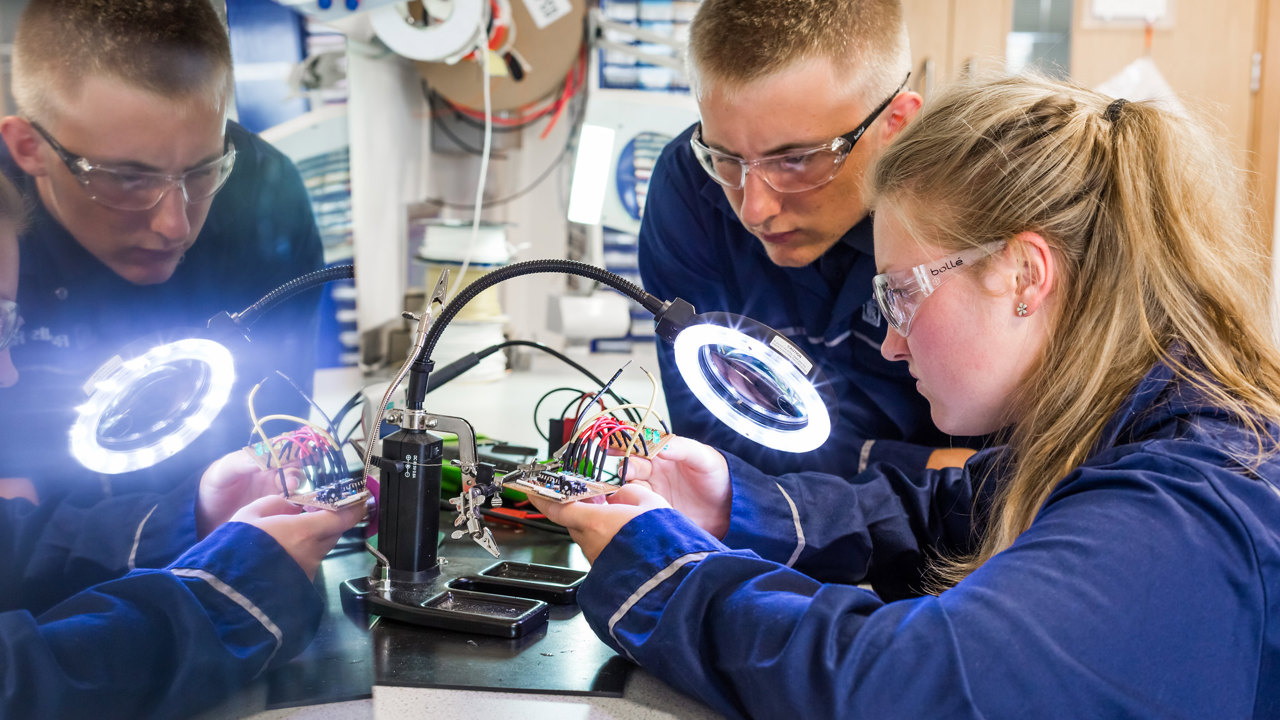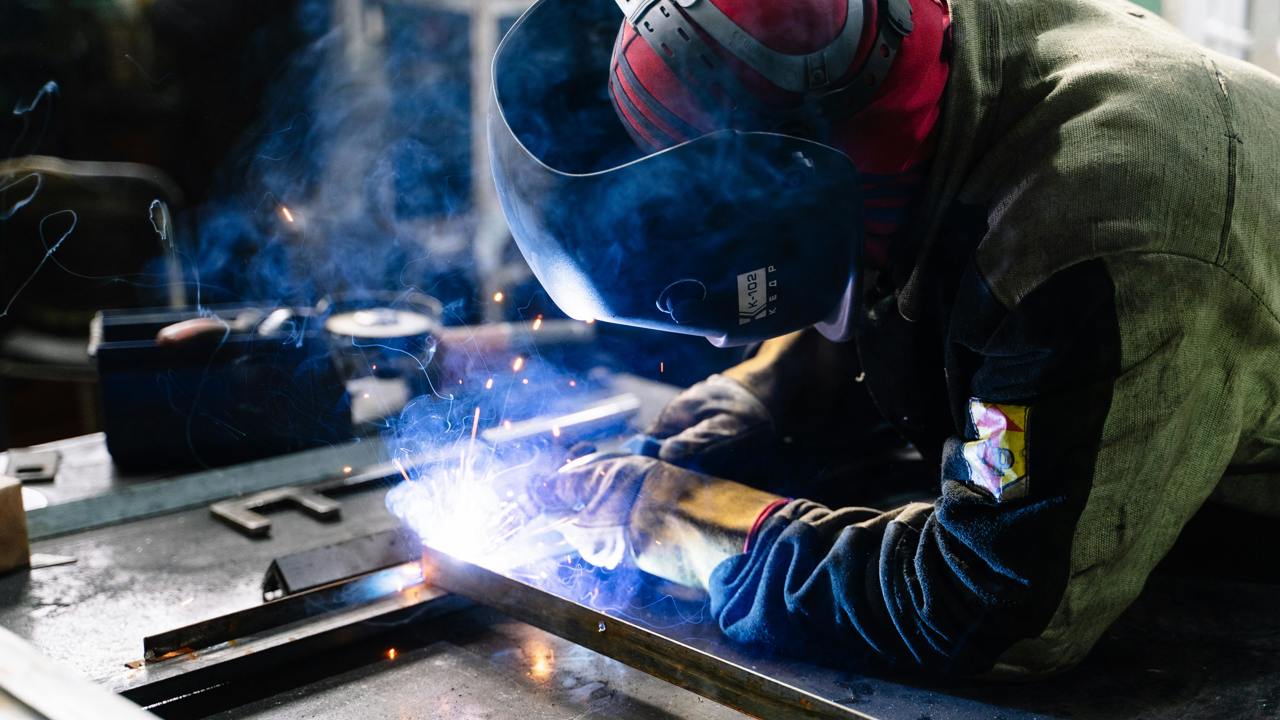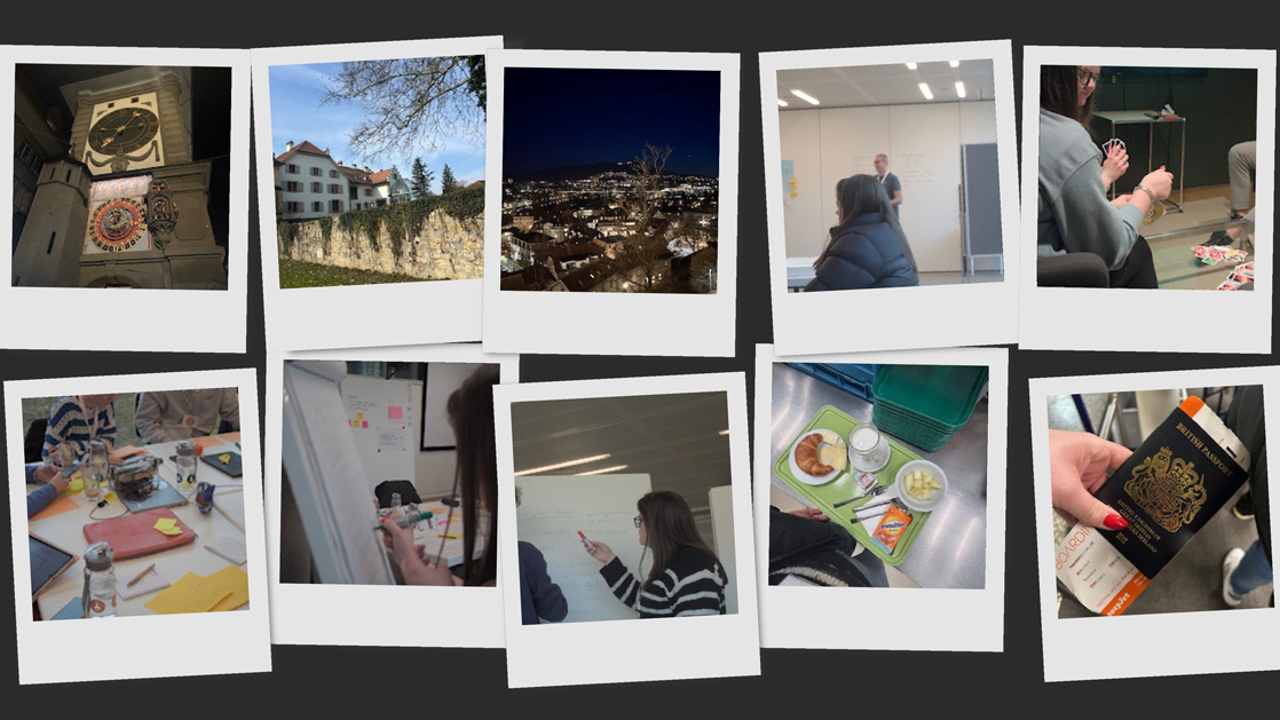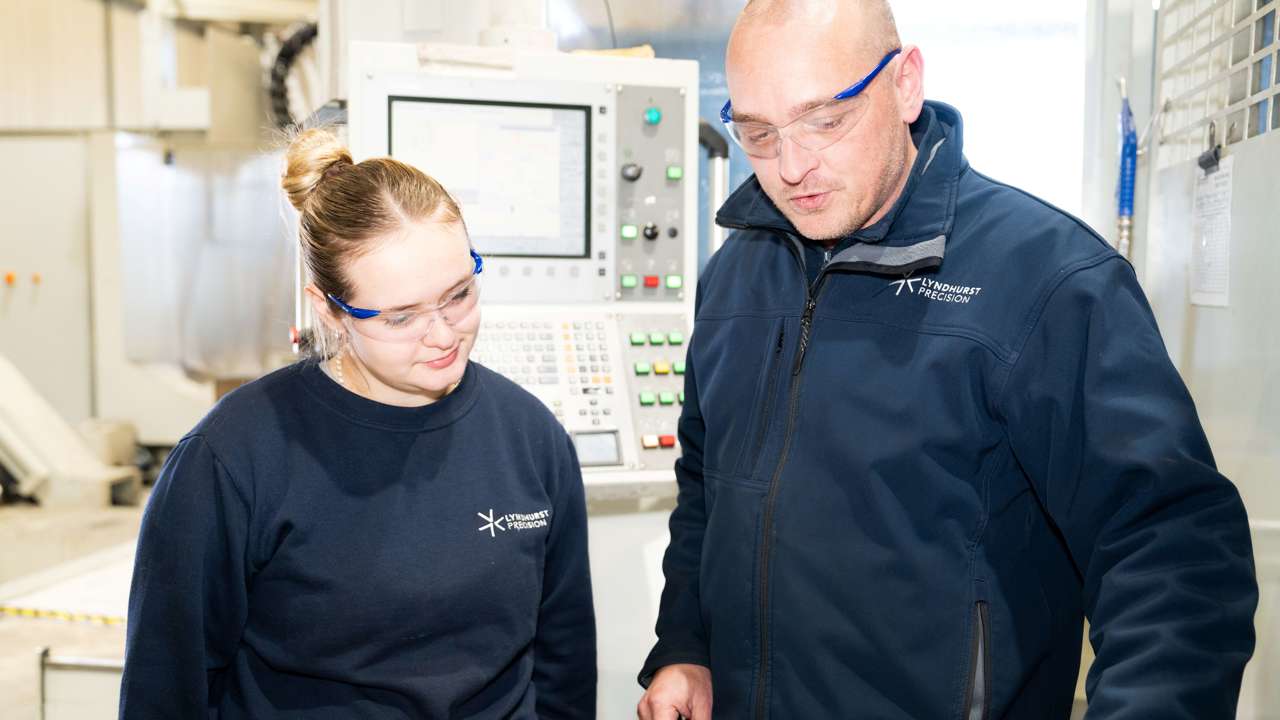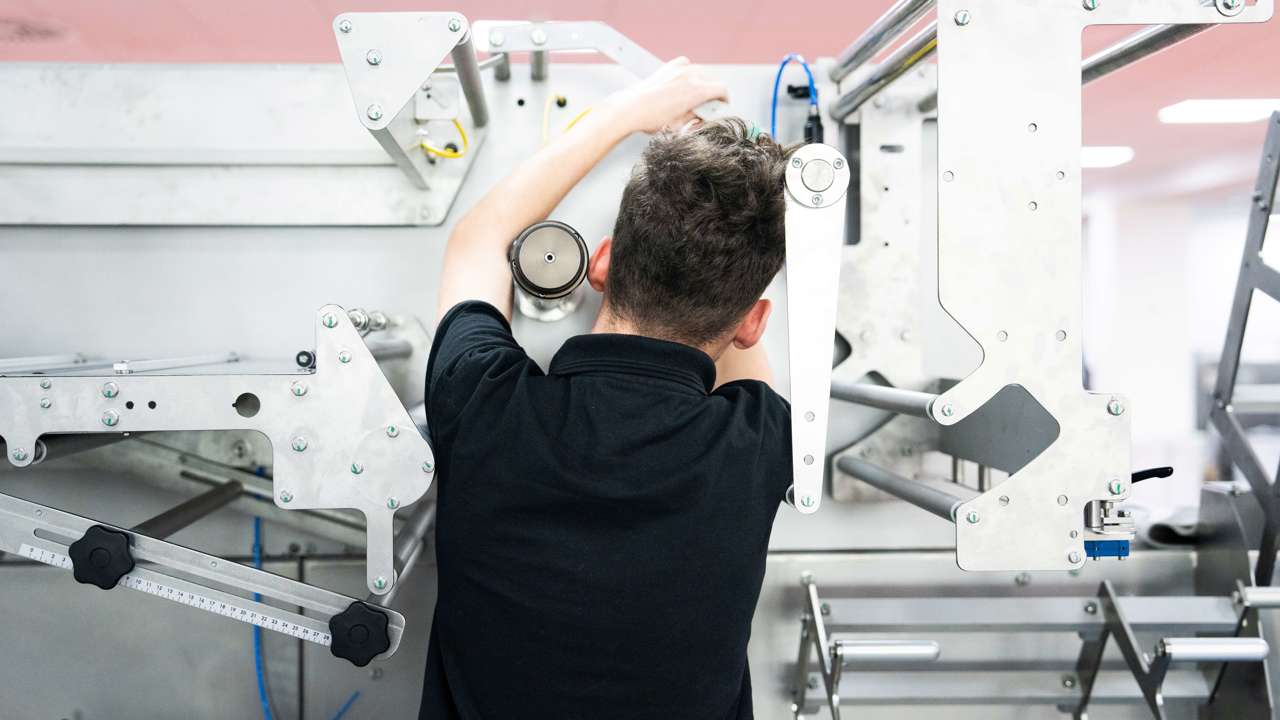Reflections on the career readiness of young people
By Lucie Heseltine, Senior Research & Insights Manager, The Careers & Enterprise Company
Lucie Heseltine reflects on the recent survey of nearly a quarter of a million young people across England, which reveals a concerning gap in career readiness, compounded by disparities in confidence and equitable access to opportunities.
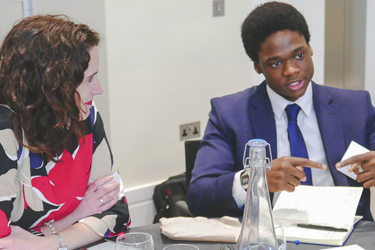
The UK is facing a critical challenge: despite growing demand for skilled workers in engineering, many young people remain underprepared for the transition from education to employment. Our recent survey of nearly a quarter of a million young people across England reveals a concerning gap in career readiness, compounded by disparities in confidence and equitable access to opportunities. Girls and those from disadvantaged backgrounds are less sure about their futures, and, while some sectors, such as creative and media, increasingly capture student interest, engineering and other key growth industries often fail to resonate with young people. This mismatch is compounded by the sector’s longstanding perceptions of inaccessibility and gender imbalance.
A critical issue is the confidence gap. This undermines students’ development of critical social skills like teamwork, leadership, communication, and problem-solving, which are fundamental in engineering roles. Without regular employer interaction to develop those skills and opportunities to apply their learning in real-world contexts, many students will struggle to make that step from the classroom to the world of work.
Employers in STEM have a critical role to play in addressing these challenges. By forging deeper partnerships with schools, providing meaningful work experiences, and showcasing relatable role models, businesses can demystify STEM careers and inspire the next generation. Initiatives such as mentoring, workplace visits, and hands-on projects help bridge the gap between classroom learning and career readiness, equipping young people with the skills and confidence they need to succeed
Popular Sectors – But a Serious Gender Imbalance
The study also asked students about the jobs they aspire to work in — top of the charts include healthcare, construction, and digital — a positive alignment with labour market needs, with engineering and maintenance coming in fourth most popular overall for Year 11 students.
But while these growth sectors attract significant interest, there are significant differences in levels of interest by gender. Just 5% of girls in Year 11 indicated interest in engineering and maintenance, compared with 22% of Year 11 boys. This stark contrast underscores the impact of limited awareness and exposure, which may narrow girls’ perceptions of viable career options.
Recent insight from Engineering UK found that the number of women working in engineering and tech has dropped by 38,000 from 2022 to just 15.7% of the 2023 workforce. And we won’t see a change in these numbers unless we have visible role models, and early talent engagement to show young women that they can and should consider a career in engineering.
Understanding the Confidence Gap
The confidence gap starts early, especially for students from low-income backgrounds and girls. Girls on free school meals (FSM) are 15% less likely than non-FSM boys to feel confident discussing their strengths in interviews, and 44% lack confidence about their next steps after Year 11. FSM boys face similar challenges, reporting lower career readiness levels than non-FSM peers. By Year 13, they lag behind girls in skills like speaking, listening, teamwork, and leadership. For these students, a lack of confidence can limit ambition, narrow career horizons, and harm interview performance.
How to Close the Gap
Good careers education helps counter the confidence gap, especially for girls pursuing careers in male-dominated fields like tech and engineering. High-quality guidance improves career readiness, doubling the likelihood that career-ready girls choose engineering. Connecting employers to schools through regional Careers Hubs reduces disadvantage and boosts work readiness.
We’ve also seen that starting earlier than secondary school shows promise; a recent report on a primary pilot on career-related learning showed an impact on reducing gender–career stereotypes in students as young as 6.
Policymakers, schools, and employers must work together to prioritise work readiness, providing practical experience, mentorship, and industry insight to all young people. As this study's findings make clear, this is a social and economic imperative that we cannot afford to ignore. This starts with targeted, tailored efforts to broaden participation, and provide hands-on workplace experiences and employer encounters to inspire the next generation of engineers.
Read the full report from the Careers & Enterprise Company here.
The confidence gap starts early, especially for students from low-income backgrounds and girls. Girls on free school meals (FSM) are 15% less likely than non-FSM boys to feel confident discussing their strengths in interviews, and 44% lack confidence about their next steps after Year 11.
— Lucie Heseltine, Senior Research & Insights Manager, The Careers & Enterprise Company

